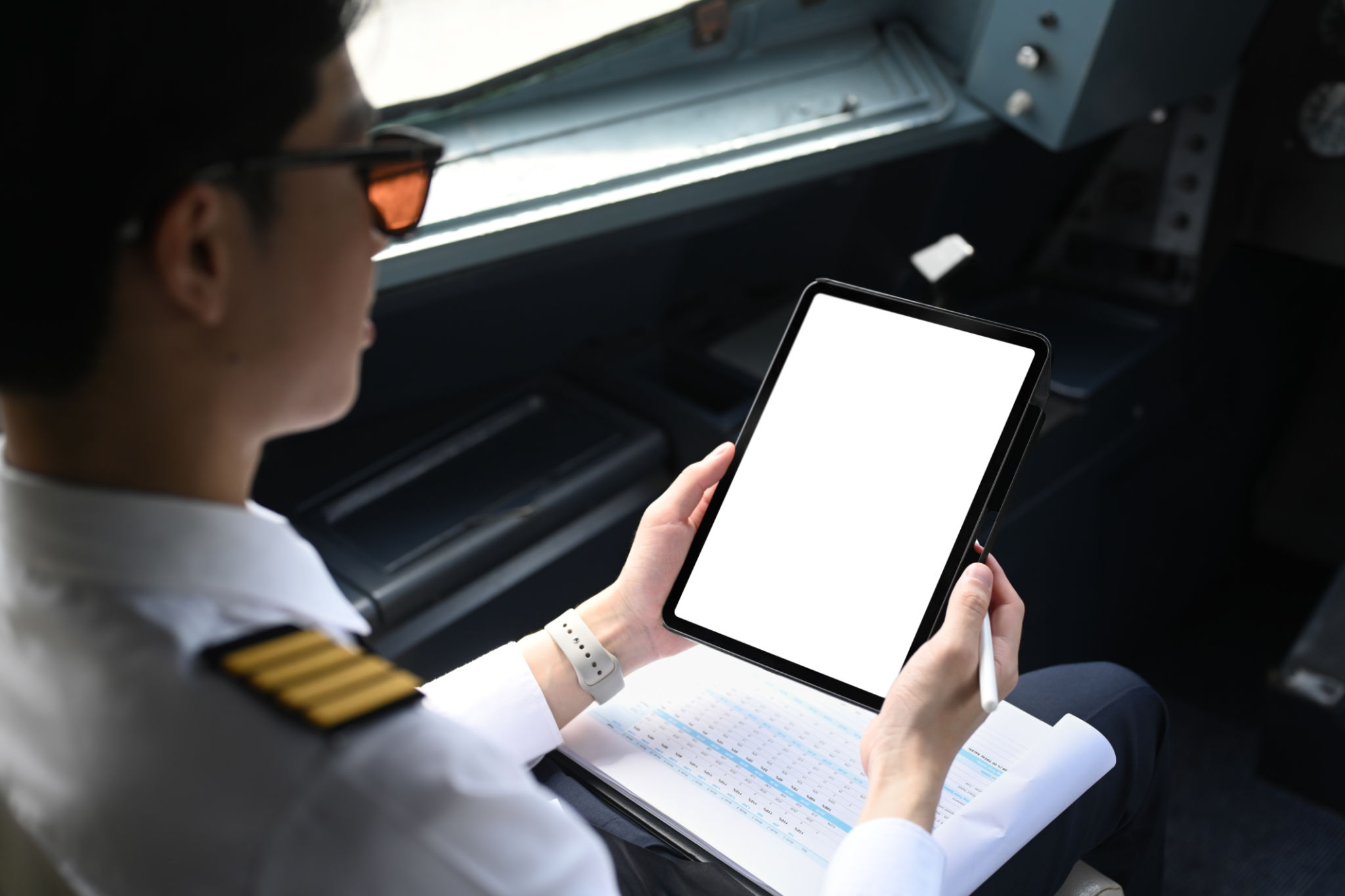Digital Flight Logbooks: Essential Features for Modern Pilots
Introduction to Digital Flight Logbooks
In the rapidly evolving world of aviation, digital flight logbooks are transforming how pilots record and manage their flight experiences. These modern tools offer a range of features that enhance accuracy, accessibility, and efficiency compared to traditional paper logbooks. For both seasoned aviators and new pilots, understanding the essential features of digital flight logbooks is crucial for maximizing their benefits.

Automatic Data Entry
One of the most significant advantages of digital flight logbooks is the ability to automatically input flight data. This feature reduces human error and saves time by capturing information such as flight duration, aircraft type, and route directly from the aircraft's systems or compatible applications. Automated data entry ensures that pilots can focus more on flying and less on paperwork.
Integration with Aviation Apps
Modern digital logbooks often integrate seamlessly with popular aviation apps and software. This connectivity allows pilots to sync their logbook data with flight planning tools, weather services, and navigational aids. Such integration provides a comprehensive overview of flight operations, enhancing situational awareness and decision-making.
Enhanced Security and Backup
Security is a paramount concern for pilots when managing their flight records. Digital logbooks offer robust security features, including encryption and secure cloud storage. This ensures that your data is protected from unauthorized access and loss due to device failure or other unforeseen circumstances. Regular backups further enhance data safety, providing peace of mind for pilots.

User-Friendly Interface
A crucial aspect of any digital tool is its ease of use. Digital flight logbooks are designed with intuitive interfaces that allow pilots to quickly navigate through their records. Customizable dashboards and easy-to-read analytics make it simpler for pilots to track their progress, review past flights, and plan future journeys with confidence.
Analytics and Insights
Digital logbooks provide powerful analytics that can help pilots gain insights into their flying patterns and performance. By analyzing trends such as time spent on different types of flights or proficiency in various aircraft models, pilots can identify areas for improvement and optimize their training schedules. This data-driven approach supports continuous professional development.

Compliance and Certification Management
Staying compliant with aviation authorities is essential for all pilots. Digital logbooks simplify this process by automatically tracking hours and alerting pilots when they are nearing certification milestones or renewal requirements. This feature ensures that pilots remain compliant without the stress of manual record-keeping.
Environmental Considerations
Switching to digital logbooks also supports environmental sustainability by reducing paper waste. As the aviation industry increasingly focuses on eco-friendly practices, adopting digital solutions is a step forward in minimizing its environmental impact. This shift not only benefits the planet but also aligns with global efforts towards sustainability.
In conclusion, digital flight logbooks are indispensable tools for modern pilots. They offer a range of features that enhance efficiency, safety, and compliance while supporting environmental sustainability. As technology continues to evolve, these logbooks will undoubtedly play an even more significant role in shaping the future of aviation.
